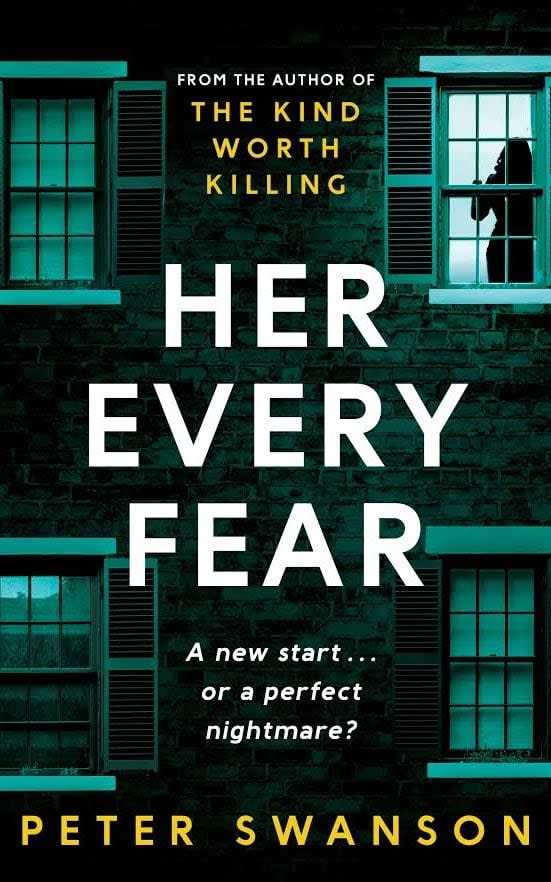How to get into the mind of a psychopath, by a man who writes them for a living
Writing about psychopaths would be a lot easier if I could remember what it was like to be an infant. Back then, we were all psychopathic monsters, uninterested in the fates of others, pathologically attached to those who give us what we want, prone to fits of depression and rage.
We carry some of those traits into our later years, but we learn to adjust. We learn empathy.
As a writer, the best tool you have when writing characters is yourself. In my second novel, The Kind Worth Killing, my main character, Lily Kintner, is a woman who believes that not everyone deserves to live. She is sociopathic, unbothered by murder because she sees it as a common occurrence. People don’t register as much more important to her than animals. In fact, she prefers animals because they remind her or herself—just out to survive, not twisted up by sentimentality.
To get into her head I read up a little on sociopaths. I learned that there's a whole lot more of them out there than I realized. Typical professions: corporate management, doctors, politicians. A scary thought.
But mostly what I did was to imagine what it would be like to not have traditional morality. It's something we have all experienced at least briefly in our lives. A girlfriend or boyfriend breaks your heart, and for five minutes you are filled with murderous rage, then there’s a half a day when you plot our your revenge.
In most of us, that feeling goes away, because, at heart, we are good people – or, at the very least, scared of breaking the rules. We’ve learned empathy, and we’ve learned to forgive. As a writer, my job is to imagine a character who hasn’t learned these things. A character who never stops plotting revenge.
There are two very bad men in my new novel, Her Every Fear. One of them has become that way through a combination of nature and nurture, filled with a hatred (and longing) for women that was spurred by his own damaged relationship with his parents.
The other is just plain bad. He enjoys the pain of others, and loves the game of manipulation. I don’t have a professional opinion of whether some people are simply born bad, but I do have a novelist’s opinion about it, and as a novelist, I’m all for it.
I like to think that the pathology behind this particular character—a man who is purely evil—is extremely rare. I did a little bit of research—again, mostly reading—but what I really did was try to just imagine what it would feel like to want to control and hurt other people, to have zero empathy.
I’m not writing non-fiction. My job is not to get it exactly right, but to make it seem real enough so that readers can immerse themselves in a fictional world without too many alarm bells going off. It’s important that there is a psychology backing up my characters—that there is some reason for their existence in the real of the imagined world of the book—but I don’t think it’s crucially important that the reasoning in one hundred percent realistic.
I think of Hannibal Lecter, the erudite serial killer and cannibal created by Thomas Harris. He is a monster born more from myth than from a textbook.
The genius psychopath, possessed of almost supernatural intellectual prowess. He is there to terrify but also to entertain, and while I imagine that Harris did some research, I also imagine that the bulk of the work was done by his imagination. It’s the best way. Do a little research, then try and forget most of it as you write.
Her Every Fear by Peter Swanson is out now (Faber & Faber, £12.99)



